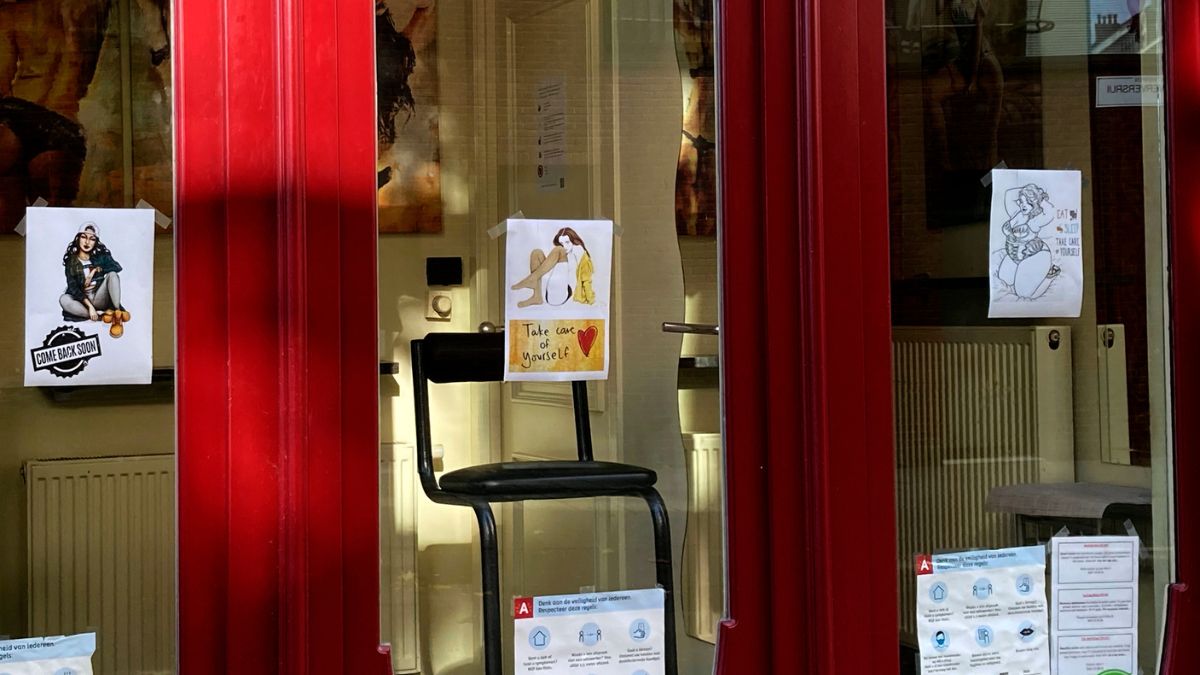In a world first, Belgium has extended labour rights to sex workers. Now, sex workers will have the right to sick days, maternity pay and pension under the first-of-its-kind law in the world.
The new legislation has been welcomed by Belgian sex workers who say they will be more “protected” now. This comes after Belgian lawmakers decriminalised sex work in 2022.
Here’s why the new law is a big deal.
Belgian sex workers get labour rights
On Sunday (December 1), Belgium became the first country to allow sex workers to sign formal employment contracts, granting them health insurance, pensions, maternity leave and sick days.
Sex workers will also enjoy the right to refuse clients or a specific sexual act, and stop an act at any moment. They cannot be fired for these refusals.
Sex workers will also have access to paid leave, maternity benefits and unemployment support.
While the law to provide the same employment protections to sex workers as other employees was passed in May, it came into effect on Sunday.
Under the new law, employers must be of “good character” with a business residence in Belgium , noted The Guardian.
Pimps, who control sex work, can now operate legally, provided they abide by strict rules.
According to Associated Press (AP), employers have to get permission and follow stringent safety protocols. They have to ensure their premises are clean and equipped with a panic button.
Employers must also meet background requirements, such as no prior convictions for sexual assault, human trafficking or fraud, reported NPR.
This law only covers sex workers who sign an employment contract, but not those who are self-employed. People performing pornography or striptease are also not covered by these protections.
Impact Shorts
More ShortsReactions to Belgium’s law
Sex workers have hailed the legislation, saying before the law they had to work during pregnancy or past retirement age.
The Belgian Union of Sex Workers (UTSOPI) said the law was “a huge step forward, ending legal discrimination against sex workers”.
“I am a very proud Belgium sex worker right now,” Mel Meliciousss, who is part of the Belgian union, wrote on her Instagram. “People who are already working in the industry will be much more protect[ed], and also people who are going to work in the industry also know what their rights are.”
A sex worker told BBC that she believes this law will improve their lives. “If there is no law and your job is illegal, there are no protocols to help you. This law gives people the tools to make us safer.”
“This is radical, and it’s the best step we have seen anywhere in the world so far,” Erin Kilbride, a researcher at Human Rights Watch, told BBC. “We need every country to be moving in that direction.”
However, critics have decried the law.
“It is dangerous because it normalises a profession that is always violent at its core,” Julia Crumière, a volunteer with Isala, an NGO that helps sex workers on the streets in Belgium, said to BBC.
Last year when the bill was published, the Council of Francophone Women of Belgium, a feminist group, described it as “catastrophic” for young girls and victims of trafficking.
“To assume that prostitution exists and that we must protect workers is to accept this sexist violence and not to fight it,” the head of the organisation told Le Soir.
What about other countries?
Sex work is legal in many countries including Germany, New Zealand, Greece, the Netherlands, Turkey and some parts of Australia.
New Zealand’s law allows sex workers to refuse any client and also avail of unemployment benefits.
In the United States, Nevada is the only state where prostitution is legal but only inside brothels. Last year, Maine scrapped penalties for sex workers but laws are still there against those buying sexual services.
Thailand has also attempted to decriminalise sex work in recent years but it remains illegal as of now.
With inputs from agencies


)

)
)
)
)
)
)
)
)



